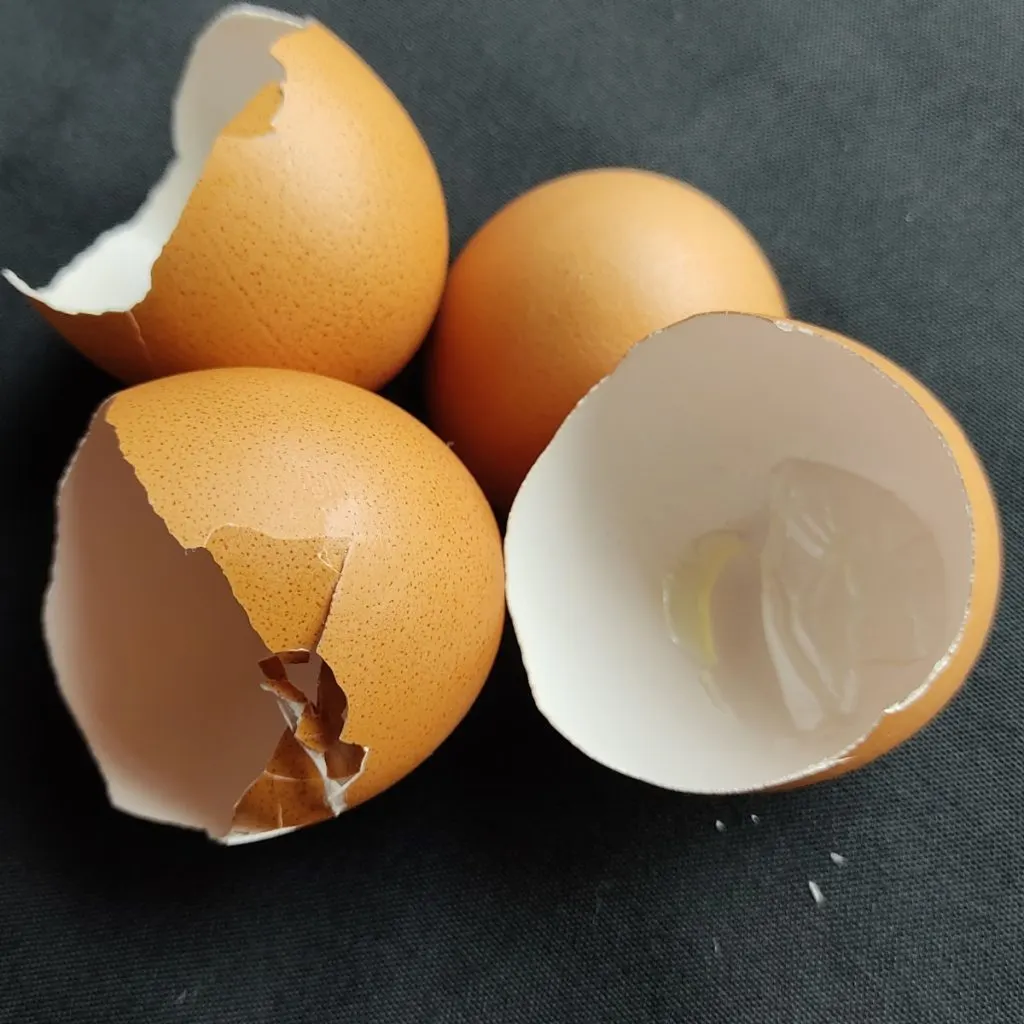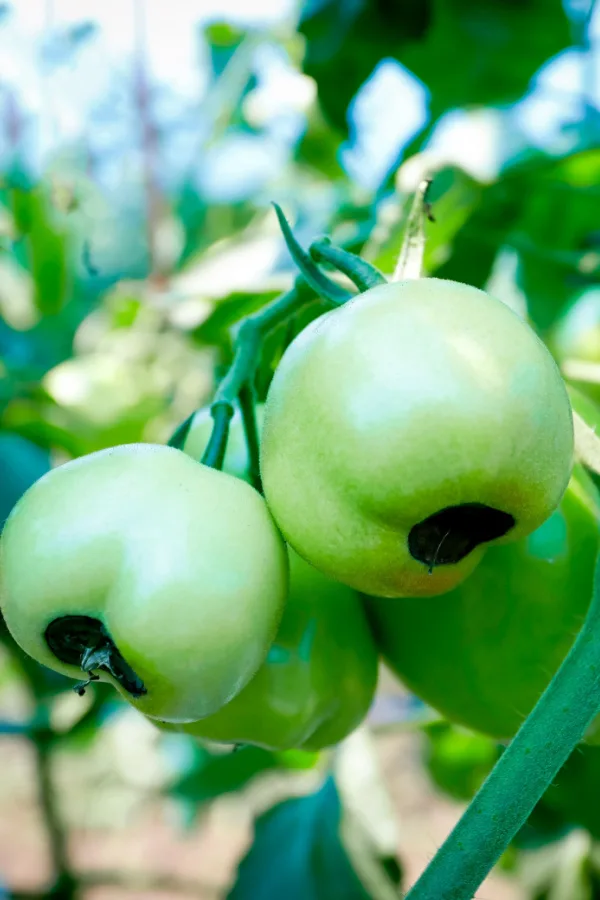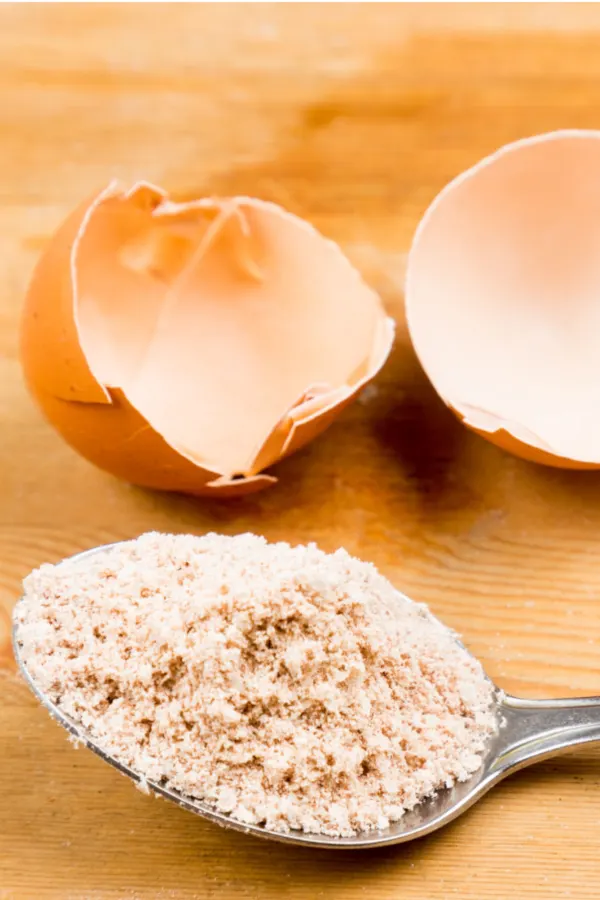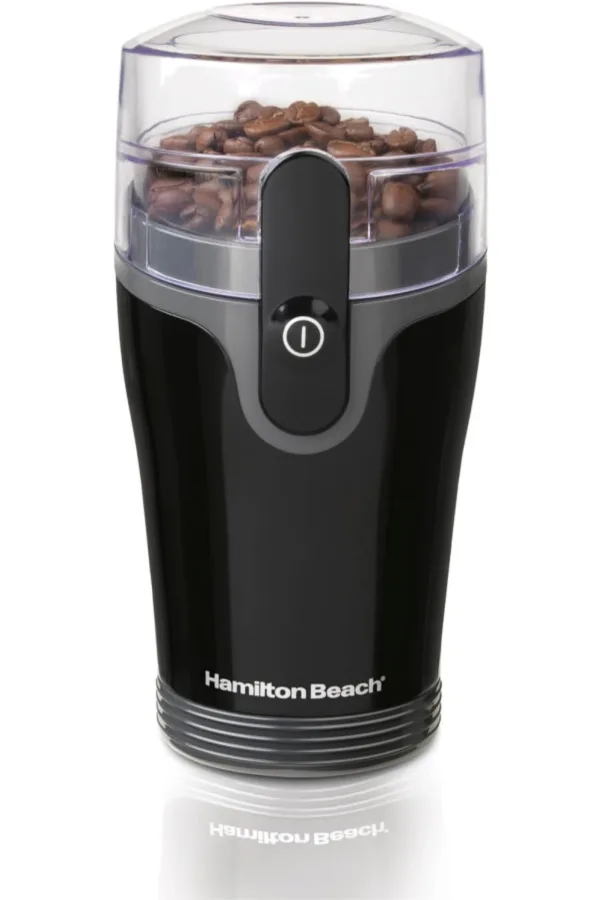Looking for a safe, simple and easy way to save all of those egg shells coming from your kitchen this winter so you can use them in your garden next spring?
Eggshells are one of the most overlooked resources for gardeners. While many see them as simply kitchen waste, the shells are actually packed with all kinds of incredible nutrients. Ones that can significantly improve garden soil and power plants – all at the same time!
In fact, egg shells are so useful in so many ways, once gardeners discover their value, they can never seem to have enough of them on hand. But that is exactly where saving shells all winter long can save the day. And as you will see below, it can be done easily, safely – and without taking up much storage room at all!

Why Egg Shells Are So Valuable – A Simple & Safe Way To Save Egg Shells All Winter
So are why egg shells so valuable to gardeners? For starters, they contain a tremendous amount of calcium. In fact, eggshells consist of over 90% calcium carbonate!
Calcium is critical for plant development. It strengthens cell walls, promotes healthy root growth, and prevents issues like blossom-end rot, which can be quite the common problem in tomatoes, peppers, and eggplants when there is a lack of calcium in the soil.
But eggshells are not just a source of calcium. They also contain trace amounts of magnesium, potassium, and phosphorus – all of which are also vital for healthy plant growth.
By breaking down naturally in the soil, egg shells give back their nutrients and then help to power all kinds of plants – including everything from vegetables and flowers – to houseplants as well. See our article : How To Use Egg Shells & Coffee Grounds To Power Plants!

More Power From Egg Shells – A Simple & Safe Way To Save Egg Shells All Winter
In addition to calcium, eggshells provide smaller amounts of other minerals such as magnesium, potassium and phosphorous. And all play an important role in plant health as well.
Magnesium helps plants absorb phosphorus, a key nutrient for root development. Potassium contributes to overall plant vigor, supporting stem strength and disease resistance. Meanwhile, phosphorous plays a major role in photosynthesis and healthy blooms.
When added to the garden, eggshells enrich the soil and slowly release all of these nutrients as they decompose. Over time, they not only feed your plants but also improve soil structure, aerating the ground and helping water penetrate more effectively.
A Simple & Safe Way To Save Egg Shells All Winter
One of the benefits of saving eggshells during the winter is that it gives you time to process and prepare them correctly. Raw eggshells can attract pests and grow mold if stored improperly. In addition whole or large pieces of shells can be cumbersome to store.

But there is an answer to solve both of those issues with ease. The key is to simply clean, dry, and grind the eggshells before storing them in your freezer in a freezer bag or container. Not only does pulverizing them into a powder make them easier to store, it also will help your plants far better next spring!
Eggshell powder, in particular, offers a much faster and more efficient way to deliver nutrients to your garden. Pulverized eggshells break down far quicker than large pieces. This allows plants to absorb calcium and other nutrients more readily.
Even better, by grinding them down and storing all winter long, you’re ready to go once the planting season arrives in the spring. You can save egg shells in this method with three simple steps:
#1 Rinse & Dry Eggshells
After cracking and using your eggs, rinse the shells under warm water to remove any egg residue. This step is important because leftover egg whites or yolk can spoil, create odors, and attract unwanted pests. Once the shells are rinsed, allow them to dry completely.
If you don’t have a lot of egg shells at once, you can store them short-term in a freezer bag until you have enough to process and grind down.

You can air-dry the shells by placing them on a towel, paper plate, or baking sheet for a few days. If you’re short on time or space, you can also dry the shells more quickly in a low-temperature oven (around 200°F) for 10-15 minutes. This not only removes any lingering moisture but also sterilizes the shells, making them even safer to store.
#2 Grinding The Eggshells
Once the shells are clean and dry, the next step is to pulverize them into a fine powder. To grind the shells, use a coffee grinder, blender, or food processor. A coffee grinder is particularly effective because it quickly reduces the shells to a fine, uniform powder. Affiliate Link: Hamilton Beach Fresh Grind Electric Coffee Grinder
Simply add the dried shells and pulse until they reach the desired consistency. If you don’t have a grinder, you can also crush the shells by hand using a rolling pin or mortar and pestle, but it does take a lot more effort for sure!
3. Storing
Once ground, store the eggshell powder in a resealable freezer bag or airtight container. Freezer bags are ideal because they take up very little space and protect the shells from moisture, pests, and odors.
You can easily tuck the bag into a corner of your freezer, where it will stay clean and dry all winter long. Storing ground eggshells in the freezer has several benefits. For starters, it prevents mold growth, which can occur if the shells retain any moisture.
Storing in a freezer also eliminates any risk of odor, which can sometimes happen with improperly cleaned shells. Last but not least, it keeps your kitchen tidy and free of clutter. All while ensuring you have plenty of shells saved up by spring!
Another advantage of storing eggshell powder is that you can fit a large quantity into a single bag. Whole eggshells are bulky and take up a lot of space. But once they’re ground down, you can fit a lot of egg shells into even a small, single quart-size freezer bag. For more steps you can take during the winter to get ready for gardening season, see 3 Easy Indoor Winter Garden Chores To Do Now To Get Ready For A Great Garden Season!
By saving and grinding your eggshells all winter long, you’re not only reducing kitchen waste but also creating a valuable, free resource for your garden. And by the time spring rolls around, you’ll be amazed at how much shell powder you have ready to power your plants and soil! For more ways to use household scraps to give your plants the boost they need, see How To Use Coffee Grounds & Coffee To Fertilize Houseplants.
Simple Garden Life
Follow Our Facebook Page For Even More Great Tips! Simple Garden Life Facebook Page
Simple Garden Life is a website dedicated to keeping gardening fun, simple and enjoyable! We publish two new articles each week along with a new garden podcast episode every two weeks. This article may contain affiliate links.

